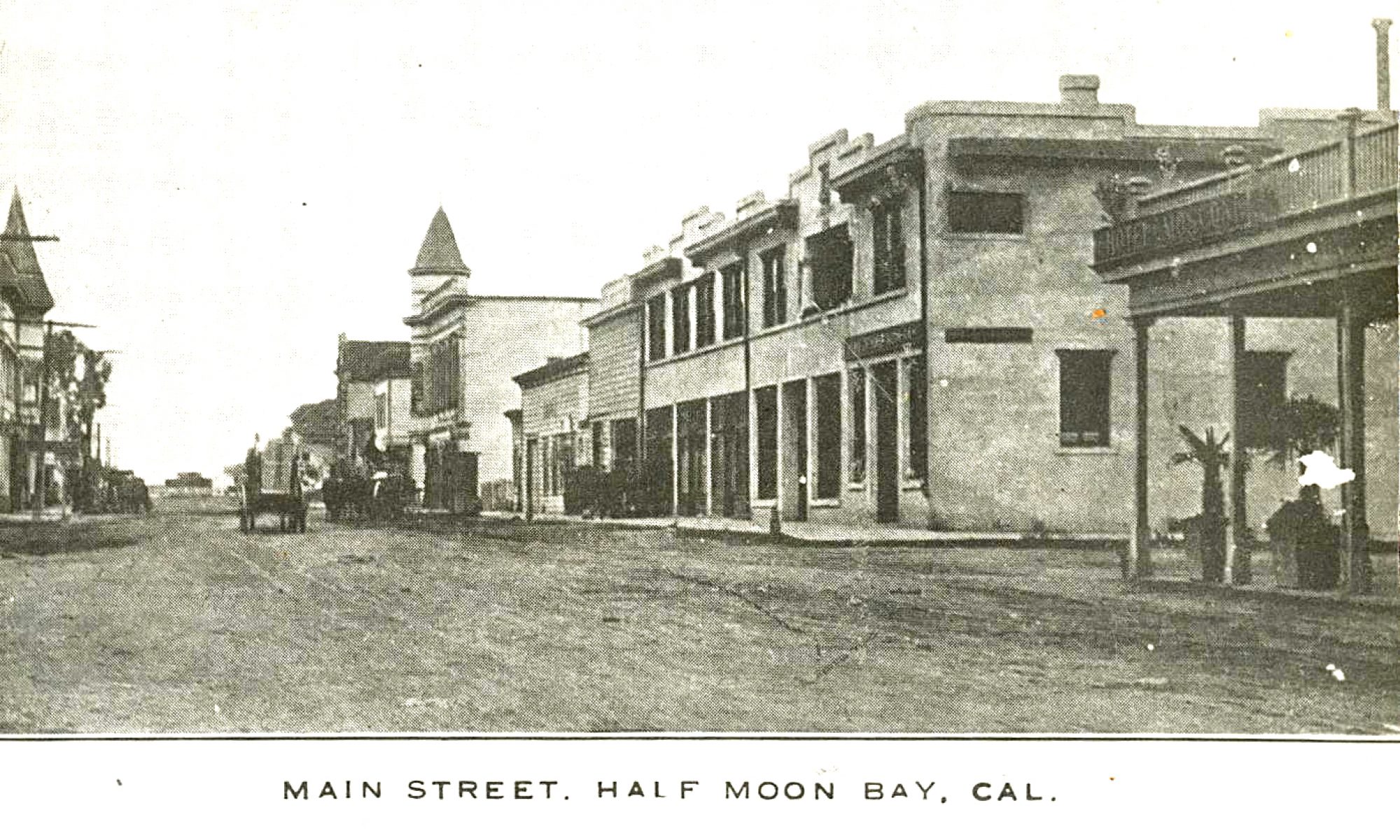Story by John Vonderlin
Email John ([email protected])
Hi June,
As I’m typing this out I’m listening to the latest chapter of the Big Three’s economic problems being played out on the cable news channels. This 1909 article from “The San Francisco Call,” is another reminder that there is nothing new under the sun.
THE SAN FRANCISCO CALL
October 12, 1909
THE INSIDER
Tells of the Passing of the Historic Stage Line Between San Mateo and Pescadero, Which Was Made Unprofitable by Railroad Competition After Less Then Fifty Years Operation
Motor Cars Replace Six Horse Coaches
Scant notice, if any, was given by the San Francisco press of the passing of one of the historic stage lines in this state. A few weeks ago all the coaches and livestock of the stage line plying between San Mateo and Pescadero, via Halfmoon bay (sic), Purisima, and San Gregoria, (sic) were sold at auction. For a little less then a half a century the line had been in existence, but the advent of the Ocean Shore railway introduced a competition that could not be met, and so, like the other stage lines, it passed into history.
Before Del Monte was thought of, and Santa Cruz was dreaming of its future, Pescadero, with its famous pebble beach, was one of the most popular seaside resorts in the state. Every morning in the summer the big Concord coach with its six well groomed horses left San Mateo for Pescadero, loaded to capacity. Often there were two or three coaches. The route was through the Crystal Springs Canyon, across the Canada de la Raymunda, up the mountain and down to Halfmoon bay, (sic) and thence along the coast to Pescadero. A more beautiful ride can not be found in the state.
The elder Swanton, whose son Fred is now the big gun at Santa Cruz, ran the hotel at Pescadero and his fame as a caterer was established by the bon vivants of the San Francisco clubs.
Not a few of the drivers who piloted the big coaches had seen service on the great overland stage lines and when the locomotives put them out of business they drifted to the coast line, where the war whoop of the redskin was never heard and the road agent made no profit.
The rumble of the road coach is stilled, and in its place is heard the whirr and whiz of the motor driven vehicle.
——-
I wonder what would have been the response of the newly unemployed stage drivers if I could have nursed a few beers with them at the Swanton and told them of the things to come and go along the Coastside in the next hundred years? Enjoy. John
